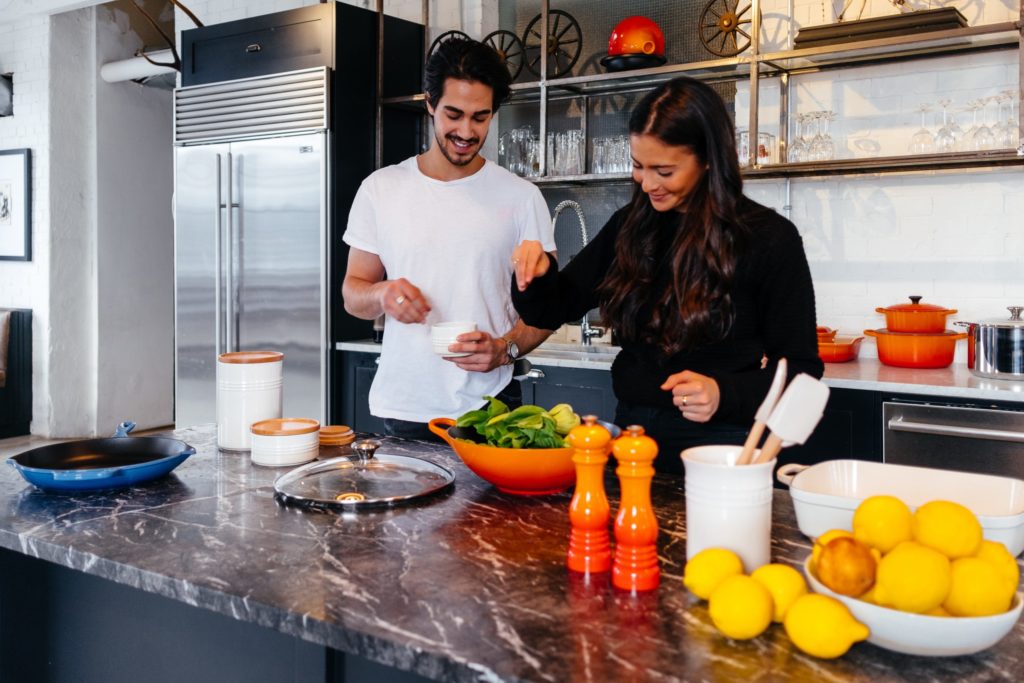In addition to following the health and economic impacts of COVID-19, we are considering the impacts to consumer behavior, specifically in the high-end home category. While this situation is unique, we have helped our clients weather some massive economic downturns from the post-9/11 economy in 2001 to the housing bubble burst of 2008. Below are just a few observations and insights based on more than three decades of growing leader brands through thick and thin, which includes coming out on the other side stronger and more resilient than ever.
Our advice – don’t panic. Luxury brands and high-end home products should take solace knowing we – the collective we – have been here before and take action based on anticipated trends. The economy will come back. We don’t know how long it will take, and there’s no doubt there will be a shakedown of losers and winners before we’re done. But based on what we’ve seen and experienced, below are some trends worth noting for premium brands in the home category. We’ll continue to monitor consumer sentiment and trend data and anticipate updating this as things develop.
Here’s what we’re seeing, so far:
- Cocooning is back as home becomes the ultimate safe haven – Current social distancing measures will have long-term effects on people’s relationship to home and to community. After 9/11, we saw a jump in sentiments related to “home as a sanctuary / safe haven” and what was coined “cocooning” behaviors by futurist Faith Popcorn. Expect that to return and, with it, investments in the home as a fortress and sanctuary.
- As time spent in the home drastically increases and home becomes the central hub where you feel safe and entertain small groups, you can expect affluent homeowners will begin paying more attention to their homes’ amenities and how to create the perfect living environment. This will translate to kitchen remodels and updated indoor and outdoor living areas, creating ideal spaces to spend more time with family and friends.
- The work-from-home trend is here to stay. It was already off to a strong start – in just one year, from 2016 to 2017, remote work had already grown 7.9% with a 40% growth over the five years prior to that. As more and more companies and individuals get set up and comfortable working from home, we look for renovations and purchases designed to create the optimal home office to rise.
- Investments in smart home technology, in-home entertainment, healthier building practices and health and wellness will likely also escalate. Specifically look for affluent consumers to invest even more in amenities and features that further wellness starting in the home, where they feel safe. Affluent homeowners are already driving the wellness trend, and it will only accelerate as they look to improve their quality of life and alleviate the new stressors the virus created.
- Brands that do good – putting people before profits – will win. – Corporate Social Responsibility is no longer just a buzz phrase. Affluent consumers want the brands they purchase to line up with their personal values. This is particularly true of younger, high-net-worth consumers as we’ve noted before.
“How companies treat their employees” is the top factor considered by consumers in their determination of how ethical a company is. According to a 2020 study, the number-one thing that brands can do to show that they are socially responsible is to offer all employees benefits. Meanwhile, 60% of consumers believe brands/companies have a responsibility to pay all employees a living wage.How companies take care of their employees in light of the virus will affect brand preference and loyalty for years to come. Companies like Apple and Twitter have already pledged to continue paying hourly employees whose jobs can’t be performed remotely. The USDA announced a collaboration with the Baylor Collaborative on Hunger and Poverty, McLane Global, PepsiCo and others to deliver nearly 1,000,000 meals a week to students in a limited number of rural schools closed due to COVID-19. China’s food delivery app, Meituan is giving away 1,000 takeout meals every day to medical staff at hospitals in Wuhan. French luxury group LVMH pledged nearly $2.3 million to the Chinese Red Cross Foundation to fight the virus while counterpart Kering donated $1.1 million to the Red Cross in the Hubei province, the epicenter of the outbreak. We expect more U.S. companies to follow suit, and you can bet their brands – and yes, their sales – will ultimately benefit.
- Your brand’s online experience has never been more important. – We know affluent consumers appreciate luxury retail experiences. And, for products like appliances, furniture and cookware, the in-store experience can play a vital and influential role in the buying process – even if they ultimately purchase online. Marketers are going to have to replace that experience in new, creative ways online to keep customers engaged and interested in high-involvement purchases. Smart marketers have already invested in enhanced online experiences, including videos, virtual tours, product demos, online reviews and testimonials. If this is an area you’re behind, you’re wise to invest now.
We’ll continue to monitor and update this list. And, if at any point you want to talk through specific trends, challenges and opportunities facing your brands, we’re ready to listen. Contact us for a 30-minute consultation.


